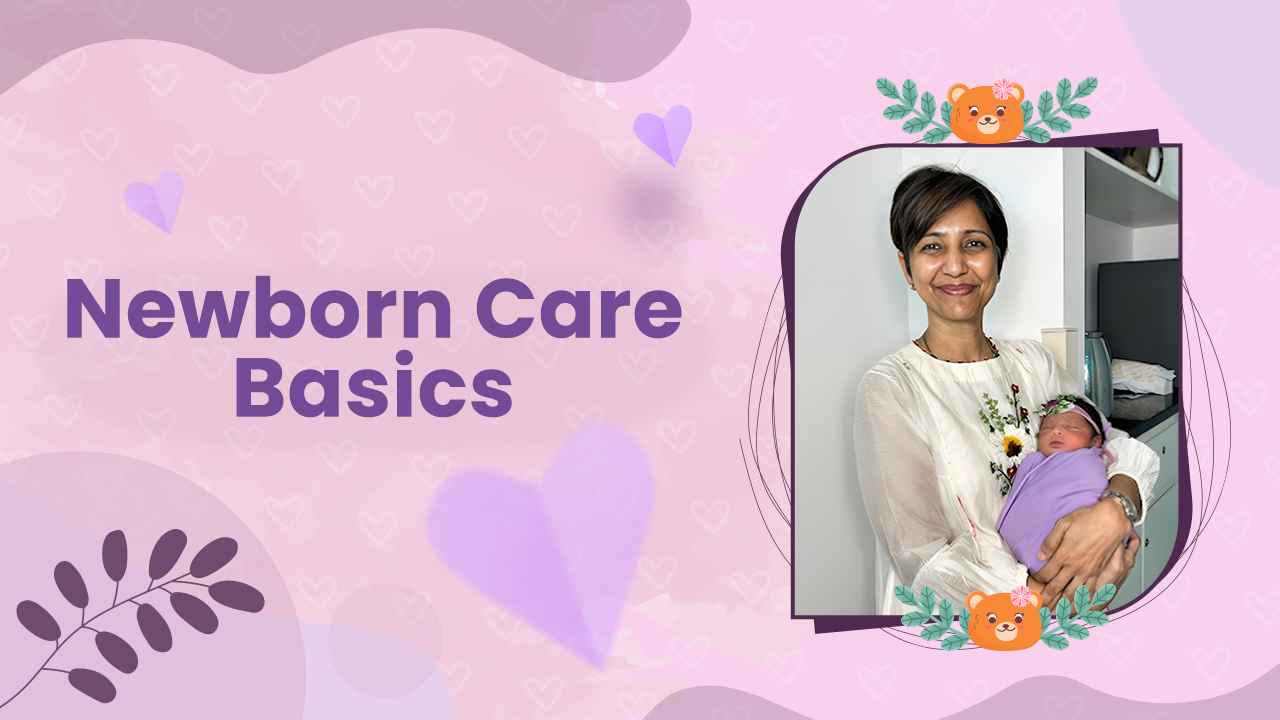Welcoming a newborn into your family is a joyous and exciting time, but it also comes with many responsibilities and questions. Understanding the basics of newborn care can help new parents feel more confident and prepared to handle their baby’s needs. Here are some essential guidelines for newborn care.
Bathing: Frequency and Techniques
Frequency:
Newborns do not need a bath every day. Bathing two to three times a week is sufficient. Until the umbilical cord stump falls off (usually within the first few weeks), sponge baths are recommended.
Techniques:
- Preparation: Gather all supplies (mild baby soap, washcloth, towel) before starting.
- Water Temperature: Ensure the water is warm, not hot. Test the temperature with your wrist or elbow.
- Support: Support the baby’s head and neck with one hand while using the other to gently wash their body.
- Order: Start with the cleanest areas (face and head) and move to the dirtiest (diaper area) last.
Safe Sleeping Practices: Preventing SIDS
Back to Sleep:
Always place the baby on their back to sleep, both for naps and at night. This reduces the risk of Sudden Infant Death Syndrome (SIDS).
Firm Mattress:
Use a firm mattress covered with a fitted sheet. Avoid soft bedding, pillows, and stuffed animals in the crib to create a safe sleep environment.
Room Sharing:
It is recommended that the baby sleeps in the same room as the parents, but on a separate sleep surface, for at least the first six months. This practice can reduce the risk of SIDS.
Avoid Overheating:
Dress the baby in appropriate clothing to keep them warm without overheating. The room should be kept at a comfortable temperature.
Diapering: Changing Tips and Diaper Rash Prevention
Changing Tips:
- Change diapers frequently to keep the baby clean and dry. A wet or soiled diaper should be changed as soon as possible.
- Clean the diaper area thoroughly with wipes or a damp cloth. Pat dry rather than rub to prevent irritation.
- Apply a barrier cream or ointment to protect the skin from moisture.
Diaper Rash Prevention:
- Keep the diaper area clean and dry. Allow the baby’s skin to air out for a few minutes between changes.
- Use unscented, hypoallergenic wipes and products.
- Choose diapers that are breathable and fit well. Avoid tight diapers that can chafe the skin.
Conclusion
By following these guidelines, new parents can navigate the challenges of newborn care more effectively, ensuring a healthy start for their baby. From establishing a feeding routine to understanding sleep patterns and addressing common health concerns, being well-informed and prepared makes all the difference. Always trust your instincts and seek advice from healthcare professionals whenever needed. Remember, every baby is unique, and what works for one might not work for another. Embrace the journey of parenthood with confidence, knowing that your dedication and care are laying the groundwork for your baby’s healthy and happy future.




